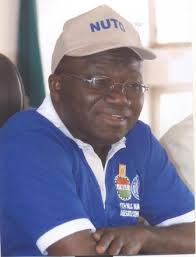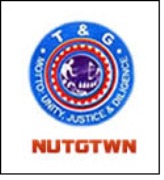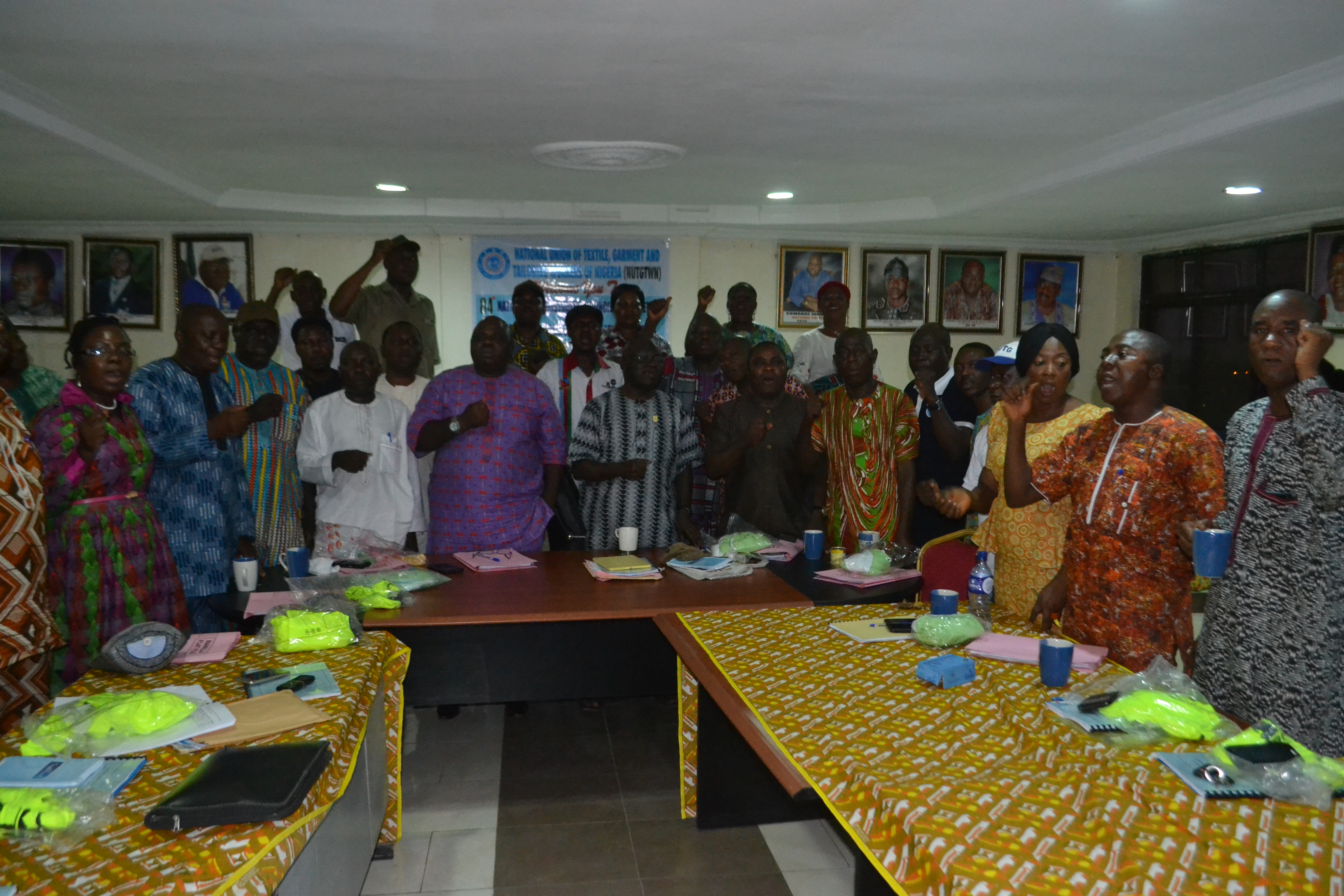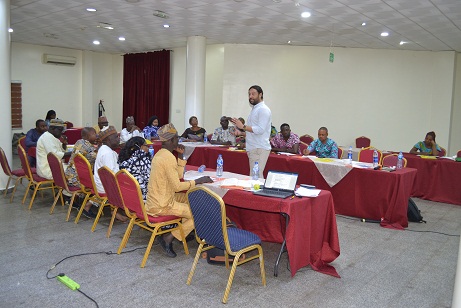
At the last weekend in Abuja, the newly constituted National Stakeholders Working Group (NSWG) of Nigeria Extractive Industries Transparency Initiative (NEITI) organized an induction course for its new members namely the government, extractive industries, organized labour, civil society, experts on extractive industries and 6 representatives of the geopolitical zones. Many thanks to the new Executive Secretary of NEITI, Waziri Adio for the extended invitation to be part of the conversation panel on How to Scale Up NEITI’s acknowledged Impact. Yours comradely learnt a lot about NEITI’s process for once. The session was chaired by the Honourable Minister Fayemi Kayode, the ex-Governor of Ekiti State, currently the Minister of Solid Minerals. Nigeria joined the global initiative to ensure openness and transparency in oil and gas and mining sectors in 2003.
NEITI began implementation in 2004 reinforced by an Act of National Assembly in 2007. There is a consensus of opinions that in less than a decade and half, NEITI has made a remarkable difference in providing information on sectors notorious for non-accountability for the enormous wealth generated therein. Indeed the Initiative was a direct global response to the challenges of the so-called resource-curse syndrome in resource-rich nations like Nigeria. Oil and gas resources inherently do not constitute a curse. On the contrary God given abundant resources are blessings if properly accounted for and channeled by governments for the benefits of the citizens in terms of access to health care, quality education, stable power, job opportunities, security of life and property and poverty reduction. Undoubtedly after over a decade, NEITI impact is real.
Not less than 42 companies in the oil and gas and 87 in the solid minerals industry are covered by the NEITI process and are therefore automatic members of the Initiative’s Companies’ Forum. There is also a scale up in compliance by extractive companies meaning the Initiative has become a veritable instrument for promoting good business environment, reversing resource cause syndrome and money laundering, illicit financial flows, among others. It was exported that, the numbers of participating companies “have increased from 21 companies during NEITI’s first oil and gas industry audit covering 1999-2004 to 42 companies during the 2012 audit cycle. Same trend for solid minerals audit where the number of participating companies increased from 78 companies in the 2007-2010 audit cycle to 87 companies during the 2011 audit exercise”. Reportedly there has also been enhanced payments by oil companies in particular. For instance, “between 2006 and 2012, total companies’ payment is $293 billion. Breakdown of the payments: $44.687 billion in 2006; $43.781 billion in 2007; $60.364billion in 2008; $30.129 billion in 2009. Other includes $44.945 in 2010; $68.442billion in 2011 and $62.944billion in 2012.” The strength of NEITI its multi-stakeholders framework in which businesses, governments, civil society and organized labour are required to work together as partners to provide the country’s coordinated solution to corruption and mismanagement of revenues that accrue from extractive resources”.
However notwithstanding the significant amount of information NEITI has made available, Nigeria still hunted by resource-curse syndrome; abundant natural resources like oil, gas and mining that have not translated fail to translate to direct benefits to the citizens. Its time NEITI moved outside the box enhanced payments from oil companies to government and ties its objectives to sustainable National industrial policy. Industry is a key driver of jobs and development for national economies and the foundation of good living standards. Nigeria must evolve strong industrial policies that advance social, economic and environmental sustainability and to be financed by proceeds from extractive industries.
Scaling up NEITI’s impact calls for a national development agenda. However it is like egg and chicken debate. NEITI’s data can serve as catalysts but must go beyond the quantitative payments of royalties and fees to the structures of operating companies, ownership and control and significantly to the quantity and quality of jobs the extractive companies have. The point cannot be overstated that the extractive sectors harbour a great deal of precarious work. NEITI’s data must include revenues and payments no less than the data must also indicate the conditions of work in these enterprises. Nigeria through NEITI’s comprehensive quantitative and qualitative data about the extractive Industries must avoid the pitfalls of industrial homicide as we recently witnessed in South Africa’s Marikana tragedy in which mining companies nonetheless pay royalties to the government of South Africa but at the back of exploited and oppressed work force. All this call for more active NEITI that offers data both as means and for enhanced good corporate and national governance. Above all to scale up NEITI’s impact calls for improved citizens’ knowledge about the functions and process of NEITI itself.
Issa Aremu mni
11th April 2016







